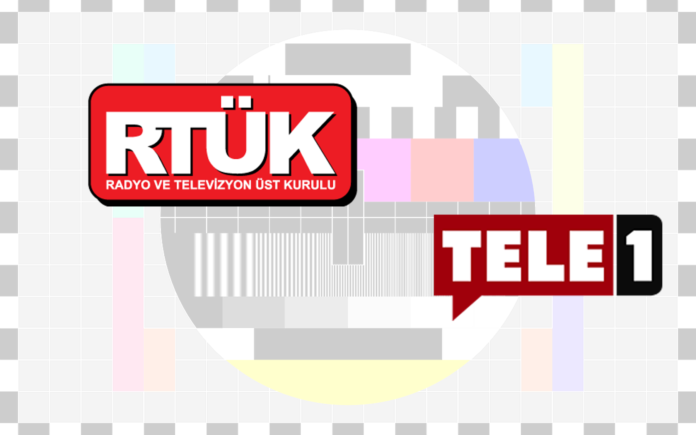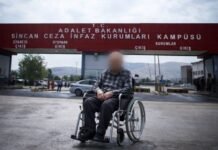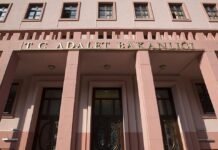The Ankara 23rd Administrative Court has rejected a motion filed by TELE 1, a pro-opposition TV station, seeking to suspend the execution of a five-day broadcast ban imposed by Turkey’s media watchdog, the Radio and Television Supreme Council (RTÜK), according to Turkish media reports.
RTÜK issued the penalty following remarks made by political commentator Merdan Yanardağ during his program, “4 Questions 4 Answers,” in which he referred to a July 15, 2016 coup attempt as an “Islamic coup attempt” and claimed that “the Justice and Development Party [AKP] government is mainly responsible for it.” The council deemed the comments to be in violation of Article 8 of Law No. 6112, which prohibits “inciting society to hatred and hostility.”
In addition to the broadcast blackout, RTÜK imposed a fine equivalent to 5 percent of TELE1’s gross commercial revenue for the month preceding the month when the program was broadcast.
The station has the right to appeal the ruling at the Ankara Regional Administrative Court. If the appeal is unsuccessful, TELE1 will be required to suspend broadcasting starting September 1.
The Turkish Journalists’ Association (TGC) and the Contemporary Journalists’ Association (ÇGD) have strongly criticized the ban. The ÇGD described the ban as “a new attack on the public’s right to access news, emphasizing that RTÜK’s repeated sanctions against opposition media constitute a direct threat to freedom of expression and the viability of independent journalism.
The TGC also condemned the ruling, stressing that “RTÜK’s arbitrary measures based on broad interpretations have clearly become a tool to silence the press and obstruct critical broadcasting.”
The RTÜK penalty is pattern of systematic censorship of opposition media, with other networks — including NOW TV, Halk TV and Sözcü TV — also facing bans and fines for their coverage of politically sensitive issues.
It is common for pro-opposition news channels in Turkey to face restrictions on their broadcasting through sanctions imposed by RTÜK, whose board members are appointed in proportion to the number of seats held by political parties in parliament, meaning that the ruling AKP currently dominates the agency.
Turkey, which has been suffering from a poor record of freedom of the press for years, ranks 159th among 180 countries in the Reporters Without Borders (RSF) 2025 World Press Freedom Index.















